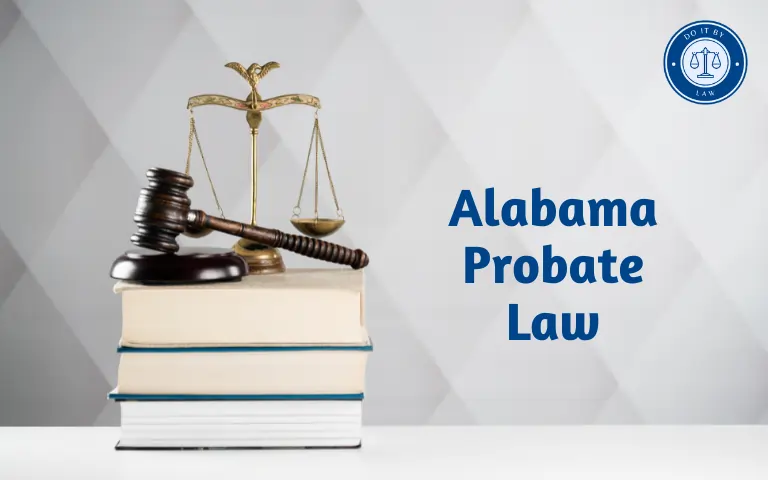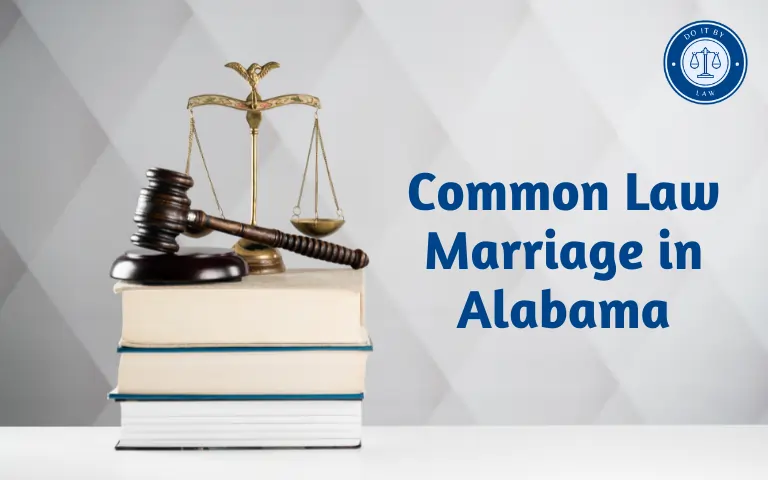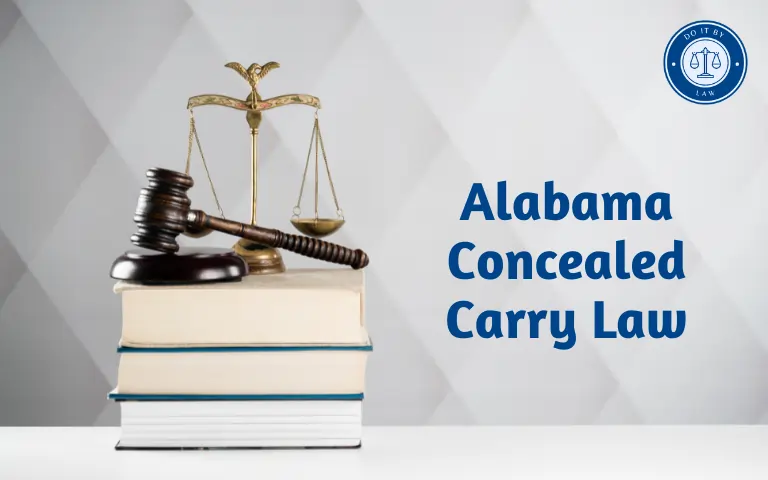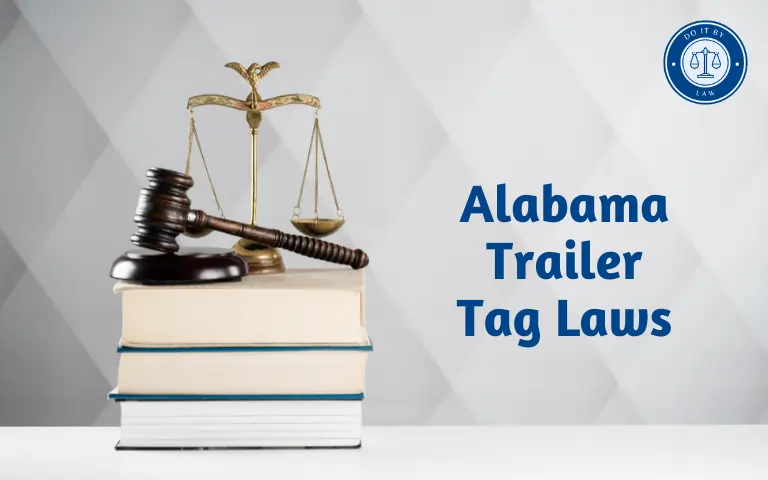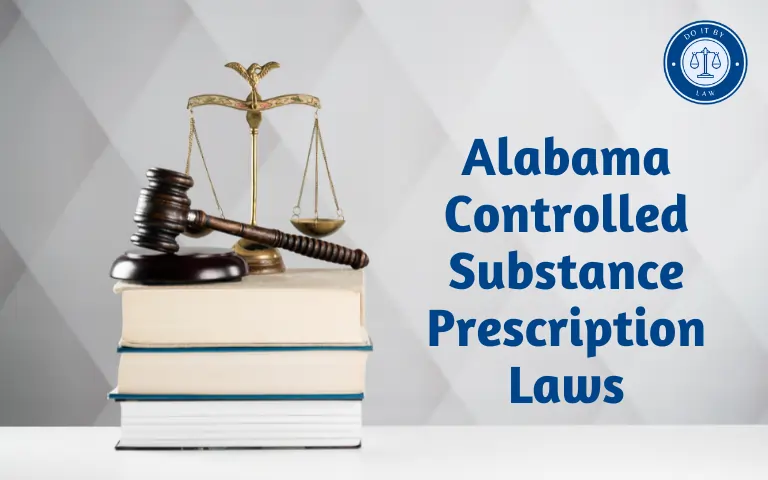Alabama Probate Law: What do you need to know
Probate law in Alabama governs the legal process of administering the estate of a deceased person. It involves identifying assets, paying debts and taxes, and distributing property to heirs. Here is a detailed overview of Alabama probate law and procedures.
When Was Alabama Probate Law Enacted?
Alabama’s current probate code was enacted in 1982 when the state legislature passed the Alabama Uniform Probate Code. This established standardized probate procedures and replaced previous probate statutes. Alabama’s probate laws have roots dating back to the state’s first probate acts in the 1800s. The probate code has been periodically amended over the years, with the most recent major revisions in 2019.
Who Does Alabama Probate Law Apply To?
Alabama probate law applies to the estates of Alabama residents who own property or assets in the state. It covers people who died with or without a valid will. The probate process is handled in Alabama probate court by a personal representative or executor appointed by the court. Probate ensures proper distribution of assets whether there are directions in a will or assets need to be divided according to state intestacy laws.
Key Provisions of Alabama Probate Law
Here are some of the main components of Alabama States law:
- Submitting the Will – The personal representative must file the original will with the probate court within 30 days of the testator’s death. A petition to probate the will usually accompanies the will.
- Appointing a Personal Representative – The probate court will appoint an executor named in the will or an administrator if there is no will. This person manages the estate and must closely follow probate procedures.
- Inventory of Assets – The personal representative must catalog all of the deceased’s assets and property subject to probate and file this inventory with the court.
- Paying Debts and Claims – The personal representative uses estate assets to pay valid creditor claims, taxes owed, and administration costs. Claims generally must be made within six months.
- Petition for Final Distribution – Once debts and taxes are paid, the personal representative petitions the court for approval to distribute the remaining assets to beneficiaries.
- Closing the Estate – After final distribution, the personal representative must file closing statements with the probate court and formally close the estate.
Key Requirements and Restrictions
Alabama probate law imposes certain requirements and restrictions on the probate process including:
- Requiring court approval for selling estate property
- Filing sworn inventories and accountings of estate assets
- Sending notice to all interested parties when probate is initiated
- Needing court order for early partial distributions before the estate is finalized
- Setting time limits for creditors to file claims against the estate
- Restricting personal representative fees to a reasonable statutory fee schedule
Penalties for Violating Alabama Probate Law
If the personal representative or executors fail to adhere to Alabama probate law and procedures, they can face serious consequences:
- Monetary fines imposed by the probate court
- Removal as personal representative by the probate judge
- Having to post a bond to ensure the performance of duties
- Being held personally liable for any losses or damages to the estate
- Referral to the district attorney for criminal fraud charges
Recent Changes to Alabama Probate Law
Some notable recent amendments to Alabama’s probate code include:
- Increasing the homestead allowance for surviving spouses effective January 2020
- Allowing informal probate for small estates under $50,000 as of August 2019
- Requiring e-recording of certain probate filings as of January 2019
- Establishing new procedures for contesting a will’s validity after January 2019
- Expanding options for probating lost or destroyed wills in 2019
Controversies and Debates About Alabama Probate Law
There are some ongoing controversies and debates related to Alabama probate including:
- Whether to eliminate the required newspaper publication of probate notices
- If spousal inheritance rights should be expanded further
- How to improve oversight of personal representative misconduct
- If Alabama should allow holographic wills written entirely in the testator’s handwriting
- Whether to adopt simplified procedures for transferring property through beneficiary deeds
Conclusion
In summary, Alabama probate law provides the framework for legally transferring property after someone dies. The probate process involves many detailed steps from proving the validity of a will to making final distributions.
Personal representatives must closely follow established procedures at each phase or face penalties for noncompliance. While Alabama has a fairly modern probate code, there are proposals to amend laws to simplify and streamline certain processes. Understanding current probate requirements in Alabama is important for anyone named as an executor or beneficiary of an estate.

